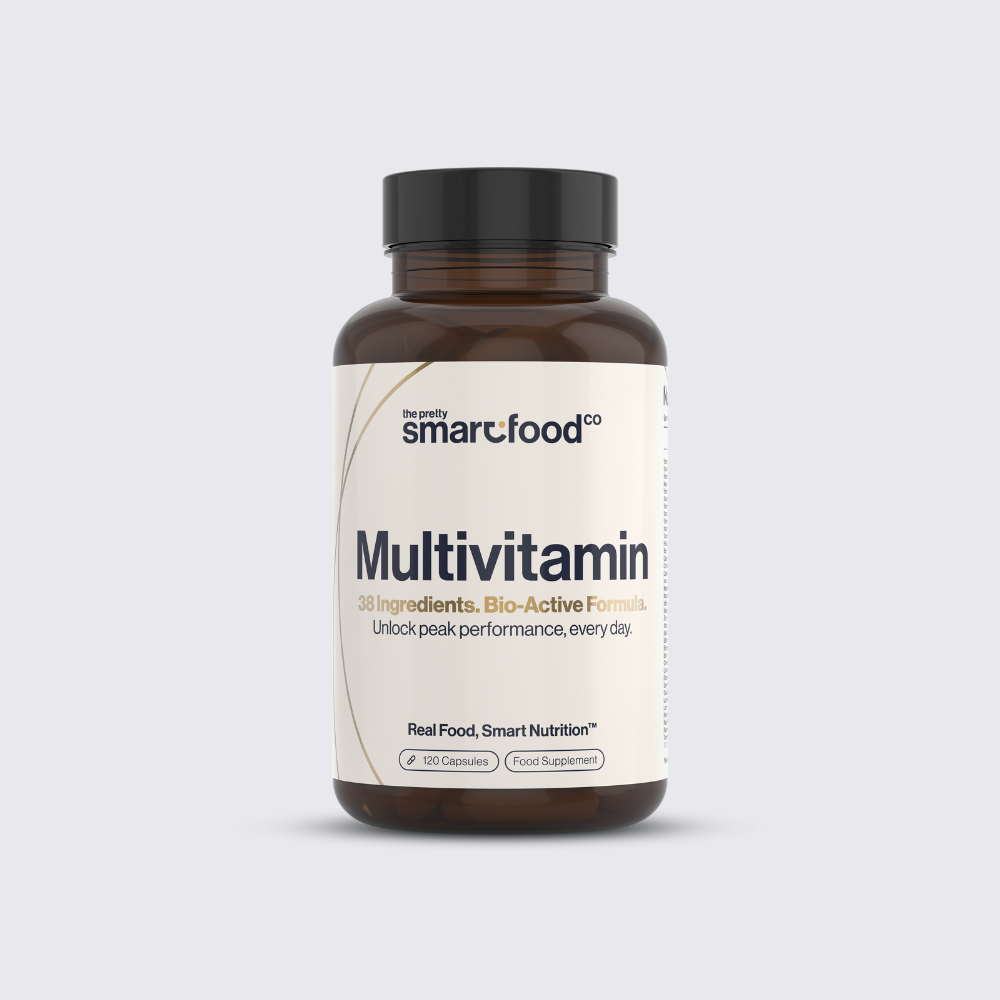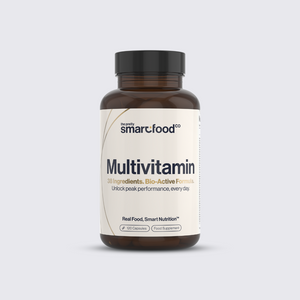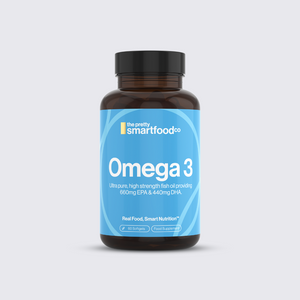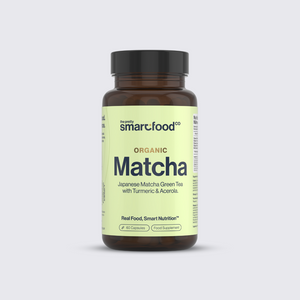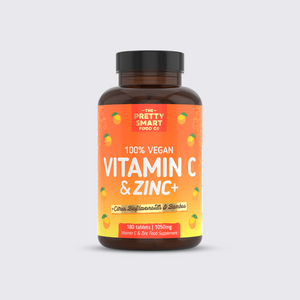THE MATCHA HARVEST
We source our matcha directly from an organic tea plantation in Nishio, a region in Japan renowned for growing some of the country’s highest quality and most nutrient dense tea leaves. Prior to harvest, the matcha fields are gradually covered to reduce the amount of sunlight exposed to the leaves. This process increases the natural amino acid and chlorophyll content in each leaf, which results in matcha’s rich green colour, unique flavour and superior nutritional profile. After this shading process is complete, the leaves are handpicked, steamed, dried and then ground by granite stone mills into the ultra-fine powder that is matcha.
1. Shade grown tea leaves
Specially cultivated plants (camellia sinensis) are grown in gradually reduced sunlight, giving the leaves a fresher, deeper green colour whilst boosting chlorophyll and antioxidant levels.
2. Selectively picked
The younger, greener tea leaves are handpicked by skilled tea farmers and immediately sent to be refined.
3. Steamed and air-dried
The leaves are gently steamed to prevent oxidisation and preserve freshness. They are then air-dried at 180 degrees, which locks in the nutritional components of the tea.
4. Carefully sorted by texture and taste
The leaves are sorted by texture, flavour, aroma and colour. Their grade will determine how they are used - only the finest tea leaves are stone ground to RAWCHA® Ceremonial Matcha Green Tea.
5. De-stemmed and de-veined
This sophisticated and time-consuming task ensures only the best parts of the leaf remain. At this stage the tea leaves are known as ‘Tencha’, which is kept refrigerated until it is ready to be ground.
6. Stone ground to a fine powder
By using slow-turning granite grinding wheels (30g per hour), the tencha is ground into a fine powder. Friction is kept to a minumum meaning the tea leaves are not ‘burned’ in the process, allowing the leaves to retain their high level of chlorophyll. The result is vivid green matcha tea powder.
We source just enough to keep our stock moving, ensuring you always get the freshest, best tasting matcha. The way it should be!
Why organic?
Conventionally grown matcha is routinely treated with a broad range of pesticides, herbicides and chemical fertilizers. These chemicals damage local eco-systems and disrupt the natural biodiversity of the tea plantation. They also contain an array of heavy metals and toxins, which end up directly in your cup of non-organic matcha, not so tasty!
A major study by Greenpeace found that the
pesticide levels in non-organic (green) teas are often at alarmingly high levels. Similarly, another study found that regularly drinking pesticide-contaminated tea does more harm than good and can actually decrease (rather than increase) lifespan. Synthetic chemicals are designed to stimulate production, and whilst these methods may increase the yield of a crop, the quality, flavour and nutritional content reduces significantly.
Organic tea farming practices, however, rely heavily on the natural breakdown of organic matter, using techniques like green manure and composting to replace nutrients taken from the soil by previous crops.
At The Pretty Smart Food Co we are committed to supporting organic tea cultivation, protecting both the health of our farmers and the environment. Our matcha is therefore strictly cultivated without the use of chemical fertilizers, herbicides or pesticides. Choosing organic not only preserves our earth's resources and protects the health of the farmers, but ensures that what is going into our bodies is 100% natural, made the way nature intended.


